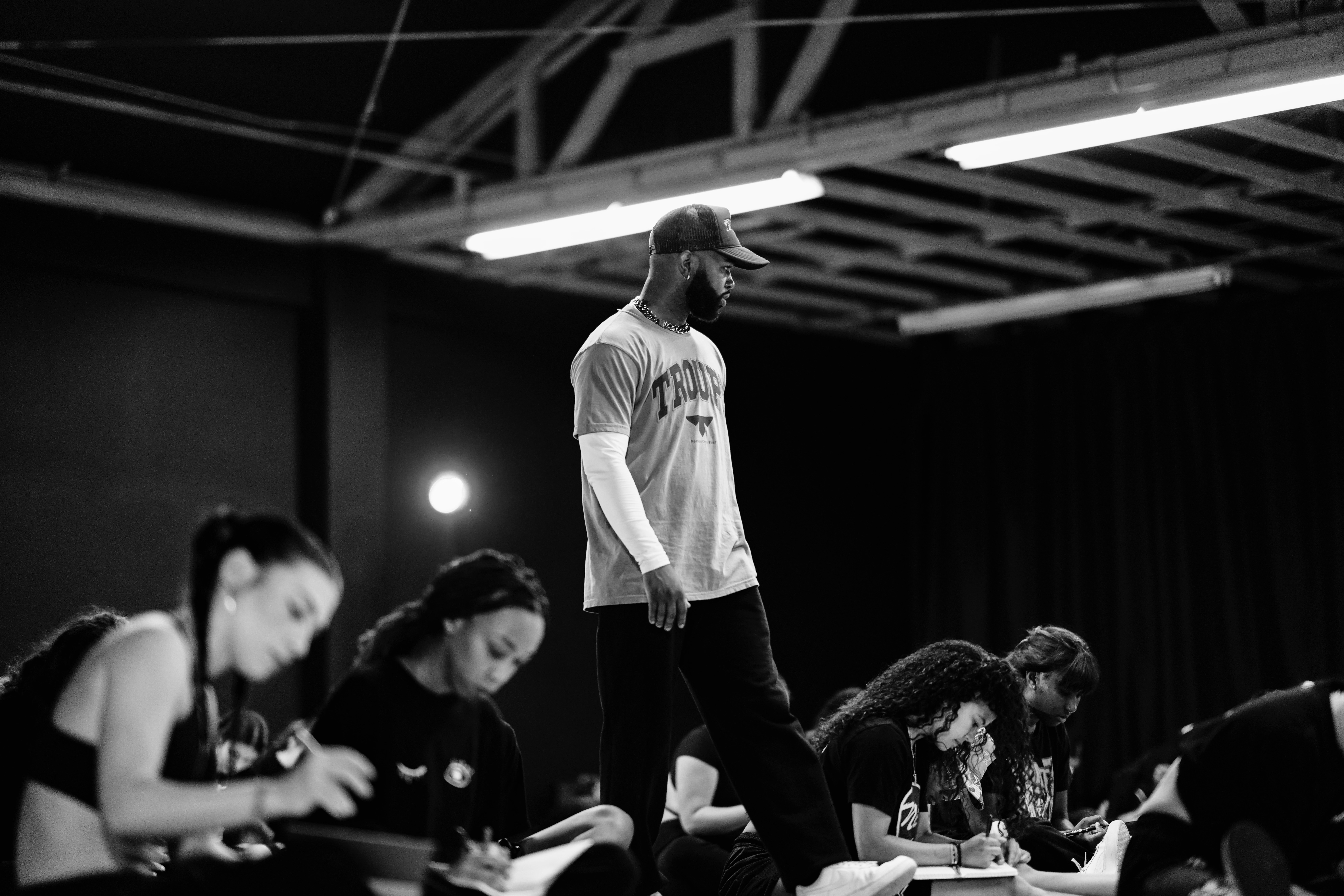As a studio owner who most likely rents the space you occupy, you’ve had your fair share of commercial real estate leases. A standard offer to lease must include some 25 critical points: start date; end date; rent per square foot; where notices are served; whether the tenant will be paying any of the operating expenses. But these stipulations are only the basics—and studio owners who aren’t intimately familiar with lease jargon and real estate tenant incentives can easily miss out on opportunities to save money and pick up perks. Sue Sampson-Dalena, owner of The Dance Studio of Fresno in California, remembers how overwhelmed she felt when faced with lease negotiation. “It’s hard to be tenacious when you don’t know what to look for,” she says. Arm yourself for your next lease agreement by reading our insider tips on how to make your contract work in your favor.
1 Start (re)negotiating your lease at least a year in advance. Lease consultant Dale Willerton, co-author of Negotiating Commercial Leases & Renewals For Dummies, recommends such a big buffer of time to avoid unpleasant surprises like an unexpected increase in rent. “It’s better to get bad news far in advance,” says Willerton. You’ll have the chance to explore other options without the pressure of a deadline crunch.
2 Never go it alone. Work with a real estate broker who represents you, not the landlord, and is intimately familiar with the dance studio business and your neighborhood. When it comes time to review the lease, consider a lease consultant, rather than a lawyer. It is rarely the legality of the lease document that is in question, says Willerton. The lease may include a clause that’s not advantageous for you, but a lawyer who checks only that the lease is perfectly legal might not give it a second thought.
3 Don’t feel pressured to accept the industry norm for lease length. Five years is the countrywide average lease length for commercial real estate, although when large buildings are involved, it’s typically seven, or even 10. There’s nothing wrong, though, with requesting a three-year term—or a 10-year one. A shorter lease will give you more flexibility, but a longer one may allow you to lock in a good deal. Willerton advises studio owners to shave the last two months off any lease that takes effect in the fall, coinciding with the studio’s new school year. That way, you won’t have to pay rent for the slow summer months in the lease’s final year.
4 Don’t put your own name on the lease as the tenant. Always use your LLC or corporation as the tenant, or else you can be held personally liable for your business. Your landlord may still require you to use your name as guarantor on the lease, but you can negotiate a time length on your personal guarantee. If you sign a five-year lease, ask that the guarantee only last for the first three years—you’ll have established a respectable track record by then.
5 Lease deposits should be negotiated. Though any deposit you put down may be applied to your last month’s rent by the landlord (provided there’s no damage to cover or any outstanding rent), you can always finagle that dollar amount down. The purpose of collecting a deposit is often to offset the real estate agent’s fee. A little-known fact: The commission for a broker on a five-year lease is 40 percent more than on a three-year lease. Your landlord would probably be happy to have you sign a three-year lease—it saves him money.
6 Ask for a tenant allowance. This is inducement money paid by the landlord to the tenant, used to make modifications to the location. As a lease consultant, Willerton recruits a designer and a contractor to inspect the space for his clients and give an accurate quote on a build-out—and then he asks for 100 percent of that amount from the landlord. Sampson-Dalena has a ready-made list of inspection points when she’s considering signing a lease: “Has the building had any foundation problems? Is it properly sprinklered? How’s the HVAC? How old are the other buildings? How’s the roof?”
7 Build a right of termination into your lease. If you’re not totally confident that this is the right long-term space for your studio, or if you’re worried about continuing to be successful enough to afford the space (economic downturns do happen), include a clause that lets you cancel your lease if your income projections haven’t reached a certain goal by six months or one year into the lease. Be sure to include a sublet or assignment clause in your lease, too, in case your business starts to flounder further along in the lease.
8 Be the subject of a bidding war. According to Willerton, too many studio owners stop looking for space and start negotiating as soon as they find something they like. Willerton has his clients circle a dream locale on a map and then helps them find four or five suitable properties in that area. “We invite the landlords or real estate agents to send us a proposal and try to create a bidding war,” he says. “Now the landlords are pursuing you.”
9 Ask—again and again and again—for mid-term rent reductions if you find yourself struggling to make the rent. Willerton says studio owners are likely to be quiet tenants who always pay their rent on time and are generally reluctant to approach the landlord with news of their business suffering. “When a studio can’t afford the current lease, and I call the landlord to negotiate a rent reduction, the response is always the same: ‘We didn’t know they were hurting!’” says Willerton. In his time as a shopping center manager, he says that the landlord he worked for wouldn’t consider implementing a rent reduction until the tenant had asked at least five times. Don’t be afraid to ask and ask again if you’re struggling to pay the rent. Sampson-Dalena bargained with her landlord so that she could pay extra rent during the fall and spring months in order to cover the summer, when her studio wasn’t making nearly as much money. “I was giving him money in advance,” she says. “Why wouldn’t he be happy?”
10 Cultivate an ongoing relationship with your landlord. Too many business owners, says Willerton, don’t develop a rapport with their landlords. “That’s a big disadvantage,” he says. “You need to make deposits in your relationship in case you ever need to make withdrawals.” A good relationship with your landlord will buoy your business through not only the good times but also the difficult ones. DT
©iStockphoto.com



